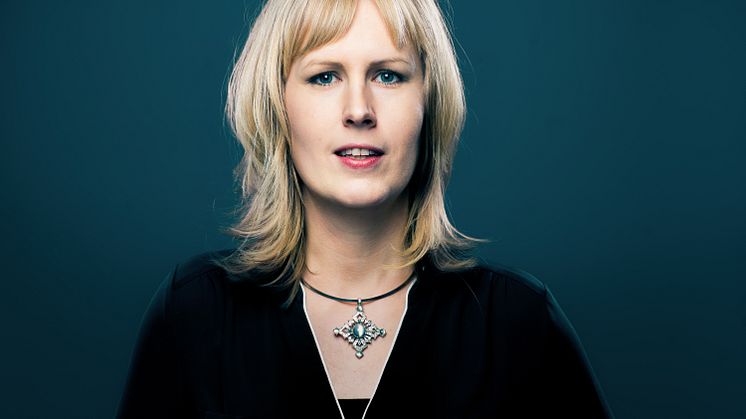
Pressmeddelande -
It’s a fact – the perfect entrepreneur doesn’t exist!
A new report has busted many of the myths surrounding super entrepreneurs, claiming they do not generally have higher IQs than the average person and are not necessarily driven by revenge following a troubled childhood.
The report, compiled by the Stockholm-based Sting incubator together with Umeå Biotech Incubator, also discovered several important abilities that characterise successful entrepreneurs.
Are entrepreneurs really smarter, more driven and bigger risk-takers than most? And is it possible for a group of innovators without any previous experience to build a successful company? These were the questions Umeå Biotech Incubator and Sting set out to answer.
The study, called Project Dali, included interviews and tests with 18 entrepreneurs who all had a crucial role in building at least one company that had traded a minimum of SEK 20 million within five years or at least SEK 100 million within ten years of launching a product.
The tools used were:
Game Intelligence – a series of tests that measure the brain’s ability to regulate information processing, thoughts and emotions.
MAP personality test (Measuring and Assessing Individual Potential).
Matrigma – a world-leading tool for measuring talent.
SGP – (the Swedish ‘Startup Grundarprofilen’) – a test developed by Tomas Ahrens and based on his empirical studies of successful entrepreneurs.
The study challenges a lot of commonly held beliefs about entrepreneurs and reveals they do not necessarily have higher IQs than most, they are not generally driven by revenge following a troubled childhood and they don’t always feel the need to win at any price. It concludes there is no single perfect profile for a successful entrepreneur - they can come in all shapes and sizes from any walk of life.
But despite the fact the study busts several myths it also suggests there are certain abilities and properties that characterise entrepreneurs who build successful companies. The study reveals entrepreneurs are generally humble and understand their own limitations. They have good self-insight, which makes them adept at building teams. They are extremely strong strategic and creative thinkers and are good at keeping their focus on goals while maneuvering past obstacles along the way. They also seem to know what customers want and use market conditions to their own advantage.
“The study shows it is better to have an A-team with a B-idea than the other way around, because if you have a strong team you can always adapt to your surroundings and elevate your idea from B to A. In the long run this research will help us identify companies in our incubator that have greater potential to succeed”, says Raoul Stubbe, a Business Coach at Sting.
“The study also gives us the possibility to see how we can build teams that complement each other. It is often a combination of the entrepreneurs' different abilities that create success. Building the right team is incredibly important, even when it comes to matching our own support skills to our incubator companies”, says Jennie Ekbeck, CEO of Umeå Biotech Incubator.
Johanna Björklund, a founder of successful IT company Codemill, was one of the entrepreneurs who participated in the study.
“This study can help identify skills other than knowledge that are important in running a business. This in turn can make it possible to train these skills with aspiring entrepreneurs and build teams with mutually complementary abilities”, she added.
It is unclear at present if the project will be extended but there is already considerable interest in creating a functioning tool that can help identify skilled entrepreneurs. Both Sting and Umeå Biotech Incubator say more data is needed to statistically analyse and further verify their hypothesis.
For more information, please contact:
Jennie Ekbeck
CEO Umeå Biotech Incubator
+46 90-15 49 77
jennie.ekbeck@ubi.se
Relaterade länkar
Kategorier
Umeå Biotech Incubator (UBI) is one of Sweden’s state-of-the-art business incubators within the life sciences. We help researchers to use their data to the benefit of patients and citizens, improving their health. We support and train entrepreneurs in the fields of pharmaceuticals, diagnostics and medical engineering, and act as a bridge between academia, medicine and the business community.






